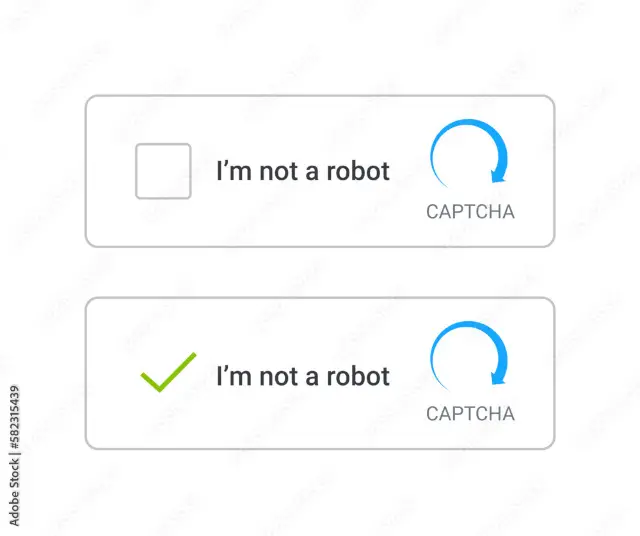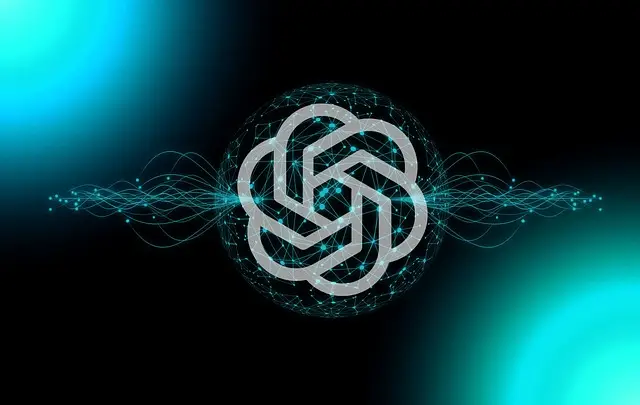A followup on the article Isn’t Artificial Intelligence (AI) actually a Machine Learning algorithm?
Introduction
Artificial Intelligence (AI) has made significant strides in the past few years, with language models like ChatGPT from OpenAI at the forefront. These AI-driven conversational agents have begun to pass some Turing Test criteria, proving their ability to mimic human-like conversations. However, despite their impressive capabilities, these models are still far from passing tests involving deeper understanding, nuanced opinions, or personal experiences.
The ChatGPT Experience
Engaging with ChatGPT is a fascinating experience. Conversations with this AI can range from general knowledge queries to deep philosophical discussions. It processes and responds to input in a human-like manner, using context and understanding to generate well-formed answers. As the model continues to improve, it exhibits an uncanny ability to grasp complex concepts, use humor, and even display empathy.
Limitations in Deeper Understanding
Despite its advancements, ChatGPT is not without its limitations. When it comes to tasks requiring deeper understanding or complex reasoning, the model falls short. This can be attributed to its training, which is based on patterns and associations rather than true comprehension.
For example, when discussing abstract concepts or tackling problems with multiple layers, ChatGPT may not provide a satisfactory response. This is because the model lacks the ability to form original thoughts or understand the underlying principles behind a concept. It relies on the vast dataset of text it was trained on to generate answers, and without clear examples to draw upon, it struggles to provide meaningful insights.
Nuanced Opinions and Personal Experiences
Another challenge for ChatGPT is its inability to form nuanced opinions or share personal experiences. While it can simulate the expression of opinions based on the content it has been exposed to during training, it lacks the ability to hold genuine beliefs or personal values. Consequently, its opinions are often an amalgamation of various viewpoints rather than a coherent and consistent perspective.
Furthermore, ChatGPT lacks the capacity for personal experiences. As an AI model, it has no consciousness or personal history from which to draw. This limitation becomes apparent when engaging in conversations that require sharing personal stories or reflecting on life experiences. ChatGPT can only offer fictional accounts or draw from the experiences of others found in its training data.
Conclusion
ChatGPT, as an AI language model, has come a long way in recent years and is becoming more human-like with each update. It is now capable of passing some Turing Test criteria, but it is still far from achieving true understanding, forming nuanced opinions, or sharing personal experiences. As the field of AI continues to evolve, researchers will need to address these limitations to create more sophisticated and comprehensive conversational agents.




